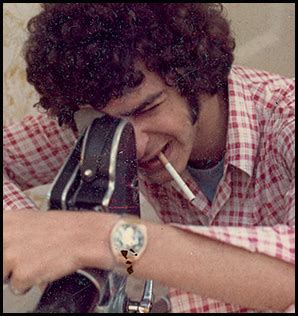A Quote by Jason Mraz
We have the ability to manifest our thoughts: to actually say something and express what our feelings are. That, then, transforms the world and puts something into action.
Related Quotes
Our experience of reality is the result of the magical alchemy of the creation of our thoughts, our beliefs, our decisions, our attitudes, our feelings. All of these are, for the most part, unconscious. Mindfulness allows us to watch these thoughts and choices and decisions without being triggered and having to take action and give meaning.
A mountain of evidence shows that our bodies are pushing, shaping, even leading our thoughts, feelings, and behaviors. That the body affects the mind is, it's fair to say, incontestable. And it's doing so in ways that either facilitate or impede our ability to bring our authentic best selves to our biggest challenges.
In the new alchemy, we have a similar kind of way of thinking. Our internal space includes our intuitions, our thoughts, our senses and our feelings, and from these we construct or build a picture of the outside world. From intuition and thought, we construct time. We also construct space from thought and our sensations. From our senses and our feelings, we experience energy, and from our intuitions and our feelings, we experience motion.
Something is funny, most of all, because it's true, and because the velocity of insight into this truth exceeds our normal standards. Something is funny because it's outside our accepted boundary of decorum. Something is funny because it defies our expectations. Something is funny because it offers a temporary reprieve from the hardship of seeing the world as it actually is. Something is funny because it is able to suggest gently that even the worst of our circumstances and sins is subject to eventual mercy.
In the beginner's mind there is no thought, "I have attained something." All self-centered thoughts limit our vast mind. When we have no thought of achievement, no thought of self, we are true beginners. Then we can really learn something. The beginner's mind is the mind of compassion. When our mind is compassionate, it is boundless. Dogen-zenji, the founder of our school, always emphasized how important it is to resume our boundless original mind. Then we are always true to ourselves, in sympathy with all beings, and can actually practice.


































